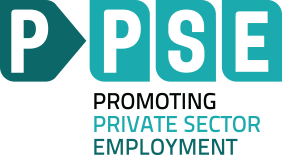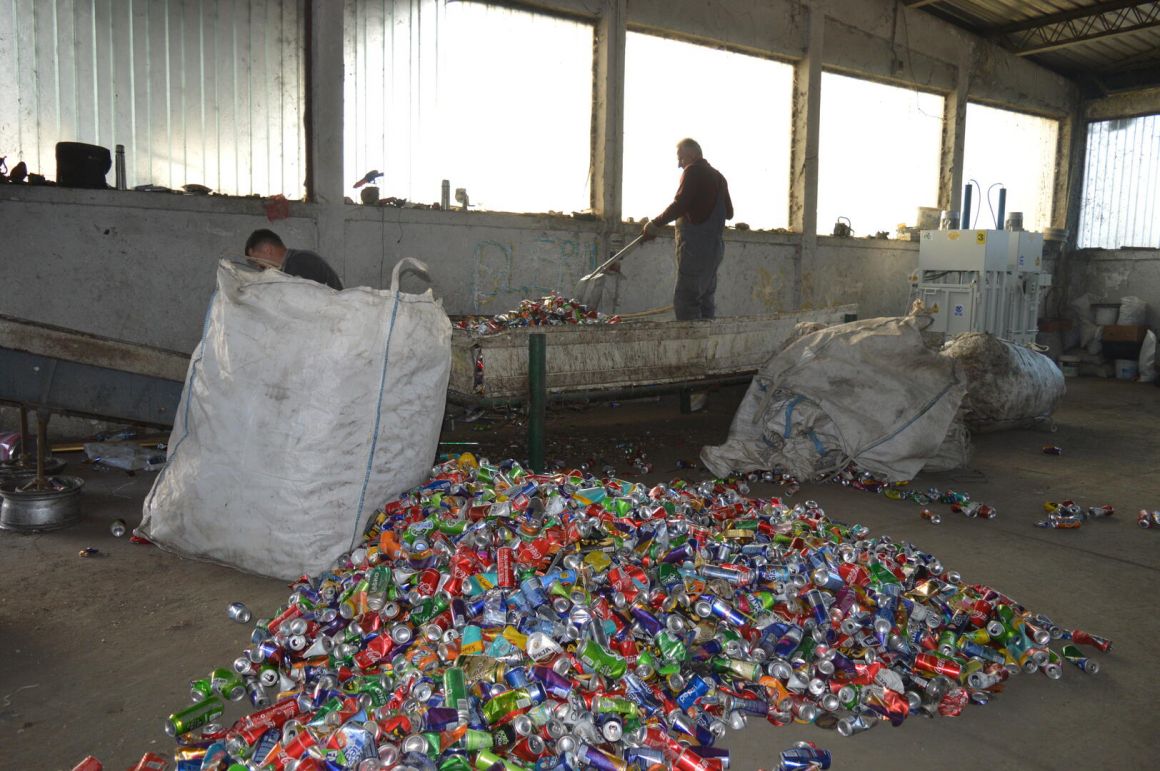Ivana Božić, Social Inclusion Facilitator
Promoting Private Sector Employment
Since 2014, my role within Swisscontact has been to work alongside the teams to ensure that social inclusion and minority support are streamlined within project interventions, whenever possible.
The Promoting Private Sector Employment Project (PPSE) in Kosovo applies the Gender Equality and Social Inclusion (GESI) approach to its interventions and activities. The objectives are to promote equity and inclusion of socially excluded ethnic communities, and of women, by partnering both with private and public sector actors to support initiatives that have a high potential for employment and growth in value chain activities. The Sustainable Development Goal of the United Nations that relates to reduced inequalities calls for greater economic inclusion of the poor and serves as the guiding principle of our work. Yet, how business actors and institutions grant economic opportunities and development to the socially excluded population considerably challenges the principle of social justice and inclusion.
My initial understanding of social inclusion was that we are all equal and that we all have the same rights to take responsibility for our lives through activation and thus take charge of our lives. Hence, the starting point was to understand these principles and strive to address the challenges and enable opportunities under the mandate of the PPSE project. My main challenge has been to positively influence the attitudes, social norms, and behaviours among individuals, institutions, and communities regarding the importance of economic inclusion.
As leaders must address “blind spots” and change personal behaviours to effectively lead the process of inclusion, I began by changing my own perceptions and enlisting a broader engagement of my co-workers and project partners around the importance of social diversity and inclusion. While preparing the PPSE Strategy for Social Inclusion in Interventions, my understanding expanded, realizing the high importance of the involvement of targeted groups in identifying and designing interventions thus allowing them to take ownership over the implementation process. Considering that learning and understanding the challenges and issues of socially excluded groups is a living process as the economic system is dynamic, progress often means the creation of new obstacles, especially for vulnerable groups.
Economic progress and globalization offer opportunities for those who are strong enough to grasp them and benefit from them, but the new relationships and linkages created during the process can be a major threat for weaker producers and other smaller market actors. There are many reasons why more marginal market actors, like ethnic communities, and women, are excluded from the benefits of economic and social development. In order to properly target the constraints that these communities face in accessing markets and benefiting from such developments, one must take into account that there is no one-size-fits-all solution.
It is with this mindset that one can effectively begin to identify the different and unique challenges that each ethnic community or vulnerable group are living with, and consequently provide sustainable long-term solutions.
After years of working closely with socially excluded groups and communities in Kosovo and the region, the predominant common factors I have identified are uncertainty and vulnerability as low income and discrimination make long-term planning very challenging. The economic and social isolation from mainstream activities, combined with low aspirations and expectations, affect their ability to change life circumstances. This requires broader engagement of stakeholder and making resources available to ensure coordinated and strategic actions.
Regrettably, this is not often the case. Many ad hoc and sporadic actions from political and social institutions, and sometimes donor projects too, are driven by the preconception that marginalized communities and vulnerable groups can only succeed if they are given preferential treatment. This kind of approach creates a sense of personal and community inadequacy leading to low expectations from those who are the “ gatekeepers ” of the mainstream resources. Instead, creating and enhancing mechanisms that harness the power of diversity, and enable people’s active participation in their political, economic, and social lives should be the mindset by which we approach inclusion.
Despite the challenges, the contribution to the processes of social inclusion and gender equality can be a professional privilege and a personally fulfilling experience.





